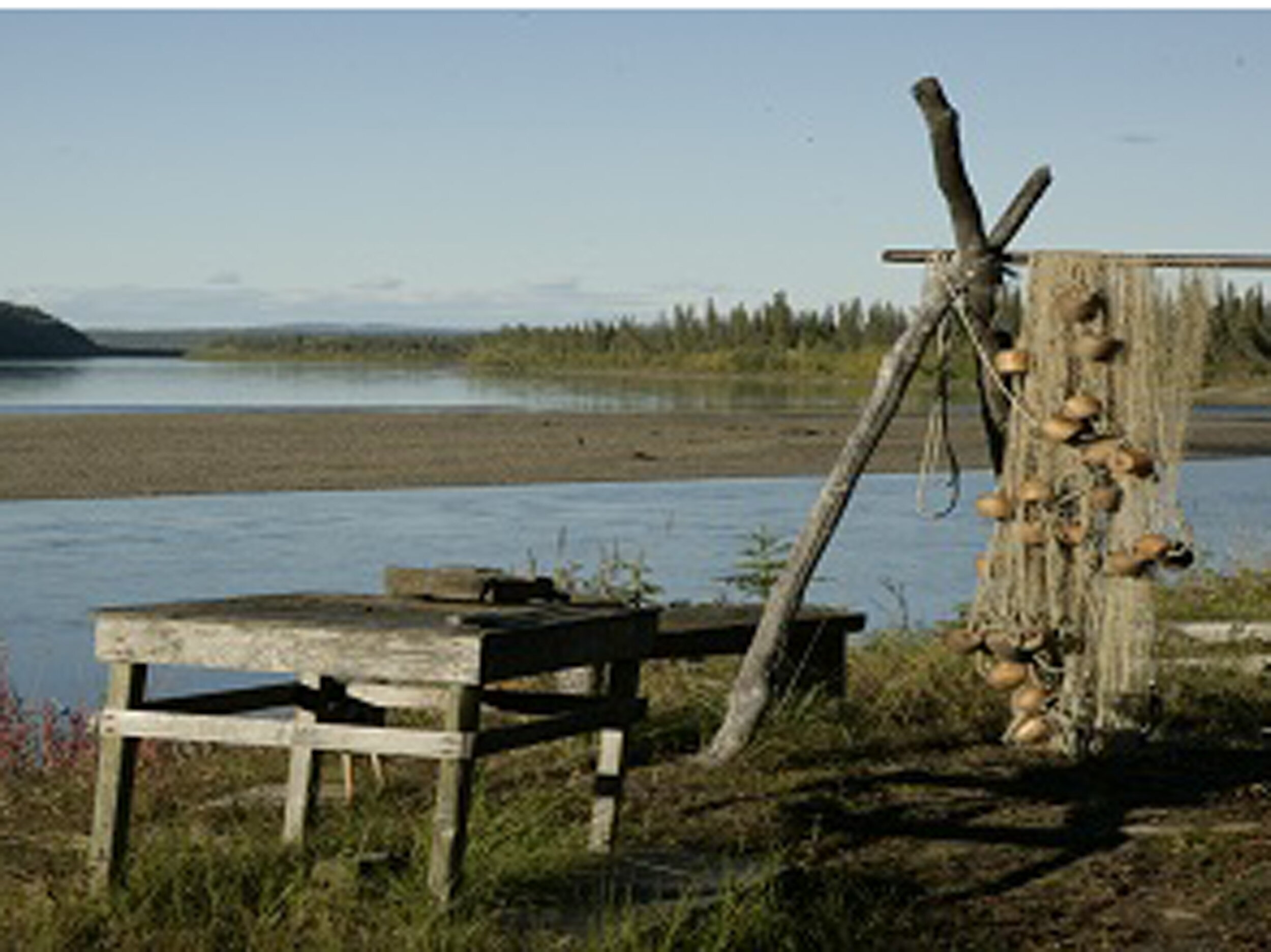Allakatna Traditional District Report and Determination of Eligibility, AK
CLIENT: Bureau of Land Management
Moose bull in Alaska
FAST FACTS:
Developing a DOE report for the proposed Allakatna Traditional District
The Allakatna Traditional District includes 17 TCPs that provide for traditional subsistence practices central to the cultural identity of Allakaket and Alatna Tribal communities
Incorporates multidisciplinary research and testimony from elders to support the NRHP eligiblity
Acknowledges the importance of traditional uses of the landscape
Recognizing the district’s NRHP eligibility will help ensure consideration of these cultural values in future land use planning and assessments of environmental justice
Fish camp on the Koyukuk River
In collaboration with the BLM Central Yukon Field Office, EMPSi is preparing a RMP and EIS for a 57-million-acre planning area in central and northern Alaska, which includes 24 remote Alaska Native villages .
As part of that effort, EMPSi is working with BLM and the Native Alaskan communities of Allakaket and Alatna to complete a determination of eligibility (DOE) report for listing the Allakatna Traditional Cultural Property District on the National Register of Historic Places (NRHP). The proposed district consists of 17 traditional cultural properties (TCPs) recognized by Allakaket and Alatna as significant locations of traditional subsistence practices that have occurred from time immemorial and continue to today. This DOE report incorporates the input and scholarship of linguists, ethnographers, and native elders to document the traditional hunting, fishing, and gathering practices of these communities and their deep connections with the environment that has sustained them and their ancestors.
For these communities, gathering traditional subsistence foods and resources and sharing that knowledge with new generations are integral to their cultural identity, health, and spiritual well-being. The DOE report will help preserve traditional subsistence and the places that sustain the people of Allakaket and Alatna.


